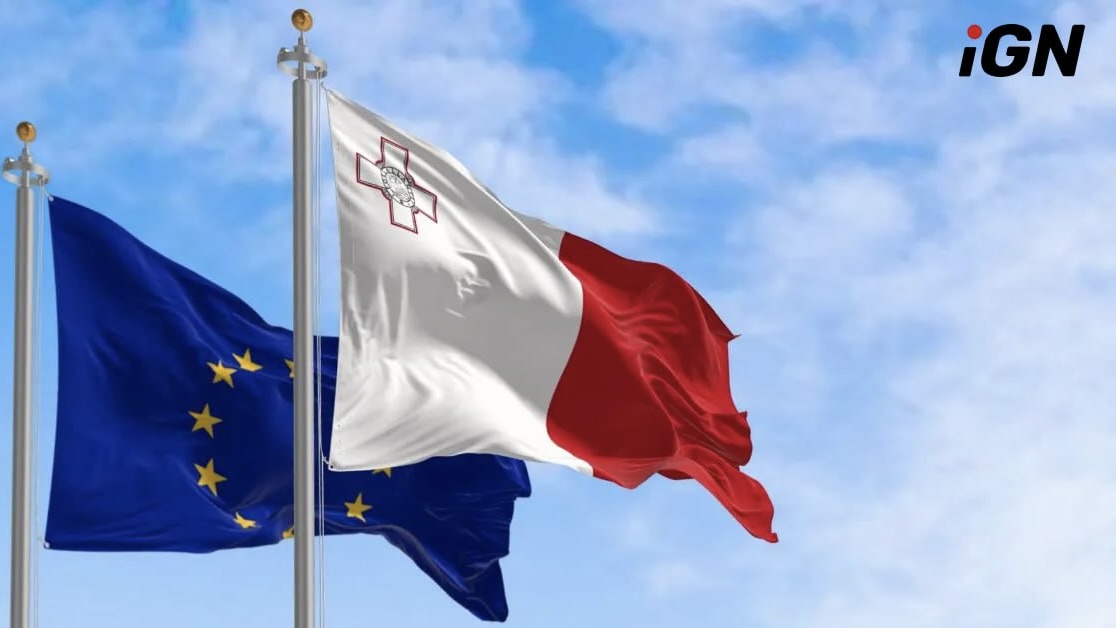EU Threatens Malta with Legal Action over Bill No. 55

The European Commission has launched infringement proceedings against the Maltese government, accusing the country of systematically obstructing the enforcement of EU court rulings against Malta-licensed operators — allegedly breaching fundamental legal principles.
The Core Dispute: What Is Bill No. 55?
The dispute centers around Article 56A of Malta’s Gaming Act, known as “Bill 55.” According to the EU, the law effectively prevents Maltese courts from recognizing and enforcing judgments issued by other EU member states against Maltese iGaming operators.
The Maltese government and the Malta Gaming Authority (MGA) argue that the law does not violate EU rules. They claim it doesn’t impose a blanket ban on enforcement and complies with EU Regulation No 1215/2012 on jurisdiction and the recognition of judgments in civil and commercial matters.
European Commission’s Concerns
The Commission stated that Malta is breaching Regulation (EU) No 1215/2012, which guarantees the free movement and mutual recognition of judicial and extrajudicial decisions in civil and commercial matters.
The EU argues that Bill No. 55:
- Undermines the principle of mutual trust among EU judicial systems;
- Effectively shields Maltese online operators from lawsuits filed in other EU countries;
- Obliges Maltese courts to reject foreign court rulings;
- Discourages foreign plaintiffs from pursuing justice through Maltese courts.
Official Reactions and Next Steps
The Maltese government insists that the law does not introduce new grounds for refusing recognition beyond those already laid out in EU law. The MGA also defends the legislation, claiming it does not prevent lawsuits against Maltese companies in other EU jurisdictions.
In 2023, an Austrian law firm and a German attorney filed a formal complaint with the European Commission, accusing Malta of undermining the rule of law. MEP Peter Agius, from the Nationalist Party, urged Malta to urgently align its legislation with EU standards.
Potential Consequences and Outlook
If Malta fails to provide a satisfactory response within two months, the European Commission may refer the case to the European Court of Justice.
Previously, Maltese courts have refused to enforce Austrian court orders requiring compensation to players from Malta-based operators. These cases are now being cited as precedent by the Commission.
Additional Factors: TPLF and Legal Tactics
The EU is also examining the role of third-party litigation funding (TPLF)—where investors finance lawsuits in exchange for a portion of any awarded compensation. Agius has called for EU oversight to address what he described as the “wild west” of litigation funding.
The MGA has criticized German and Austrian law firms for “aggressive advertising” targeting clients of Maltese operators who lost money, encouraging them to file claims.
Conclusion
| Party | Position |
|---|---|
| European Commission | Bill No. 55 violates EU principles and shields Maltese companies from legal accountability |
| Maltese Government | Bill complies with EU law and does not block enforcement of foreign judgments |
| MGA | The law does not hinder legal proceedings in other jurisdictions or provide legal immunity |
The controversy surrounding Bill No. 55 highlights how iGaming regulation is becoming a flashpoint between national laws and EU-wide legal frameworks.
